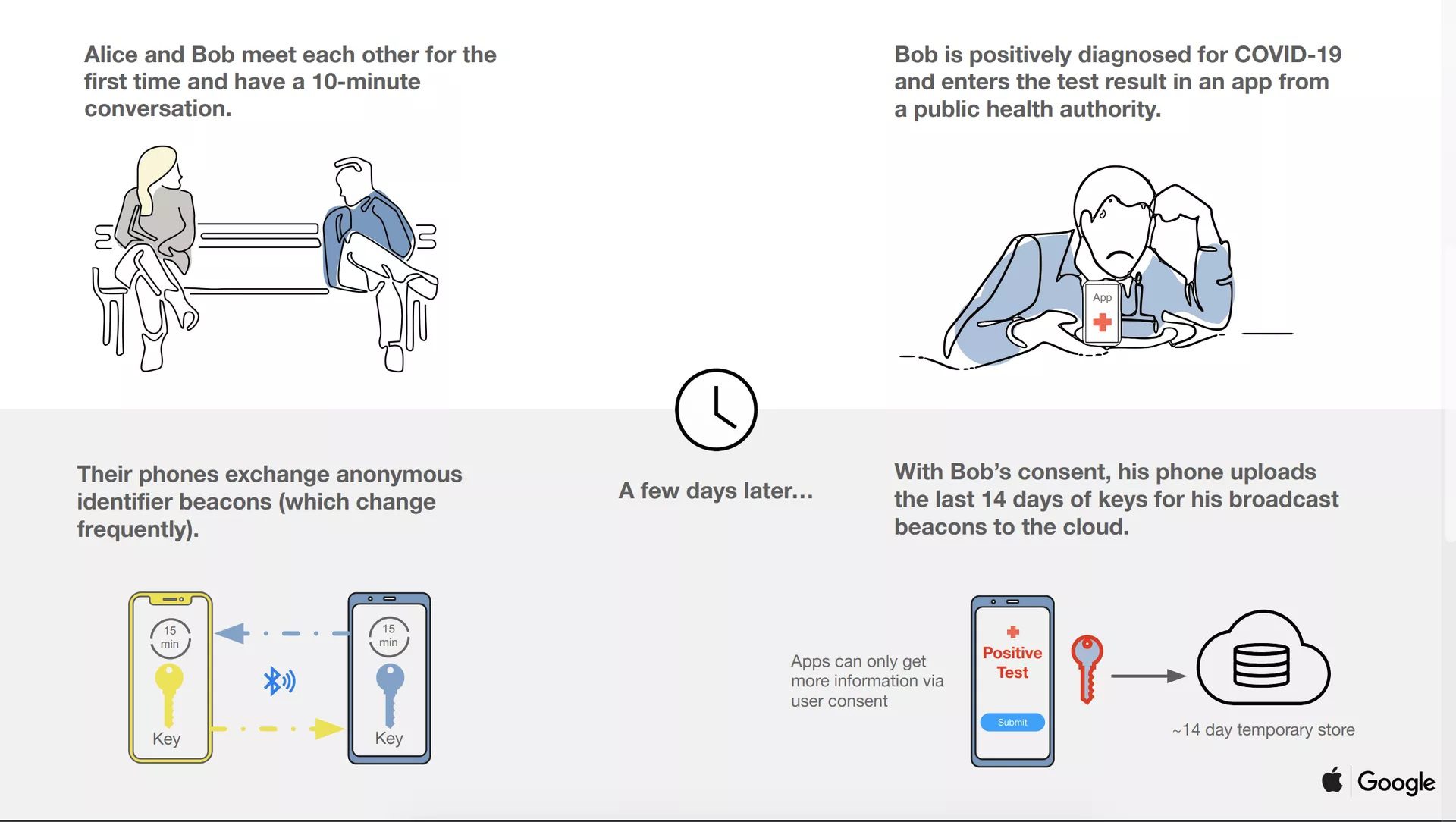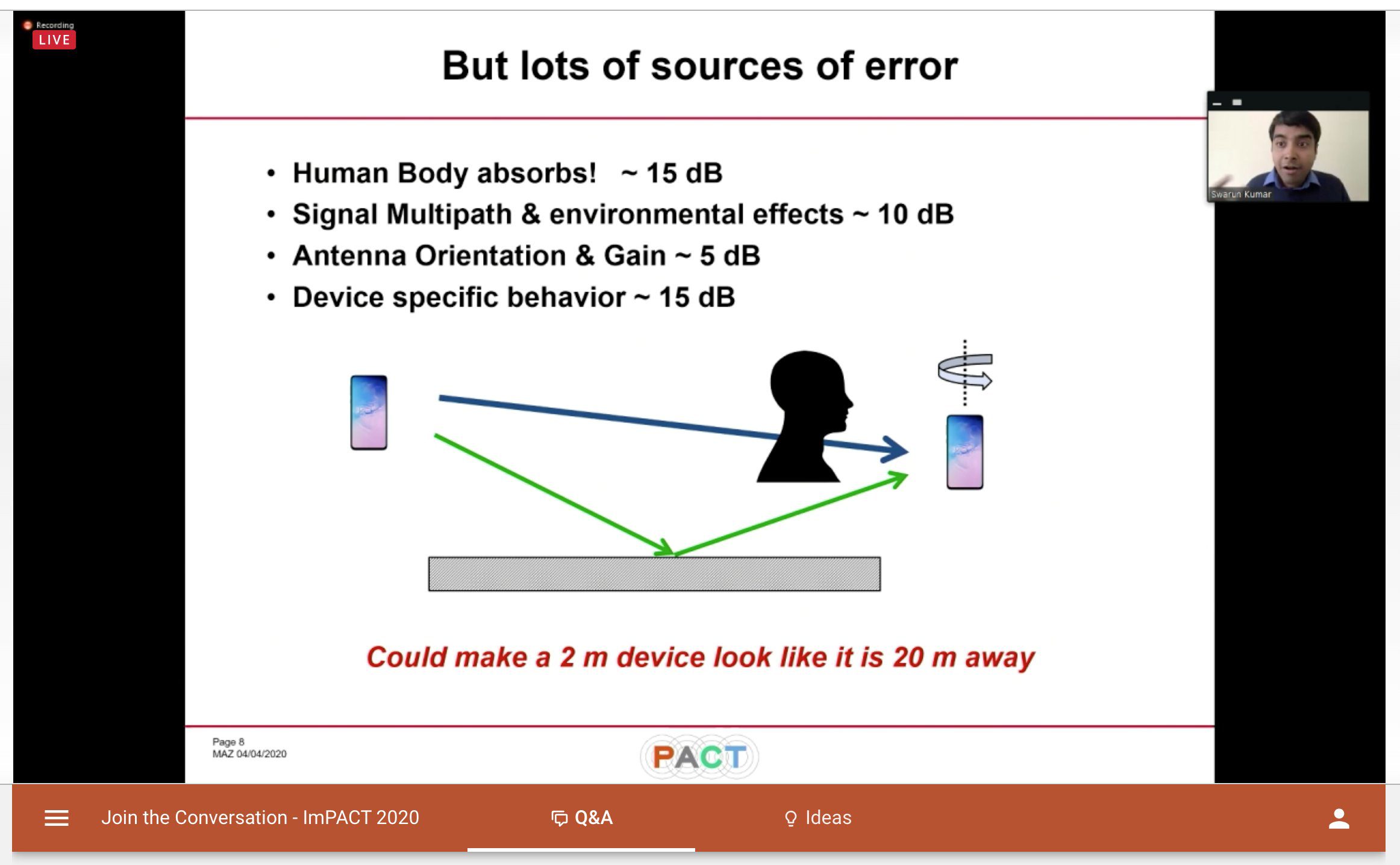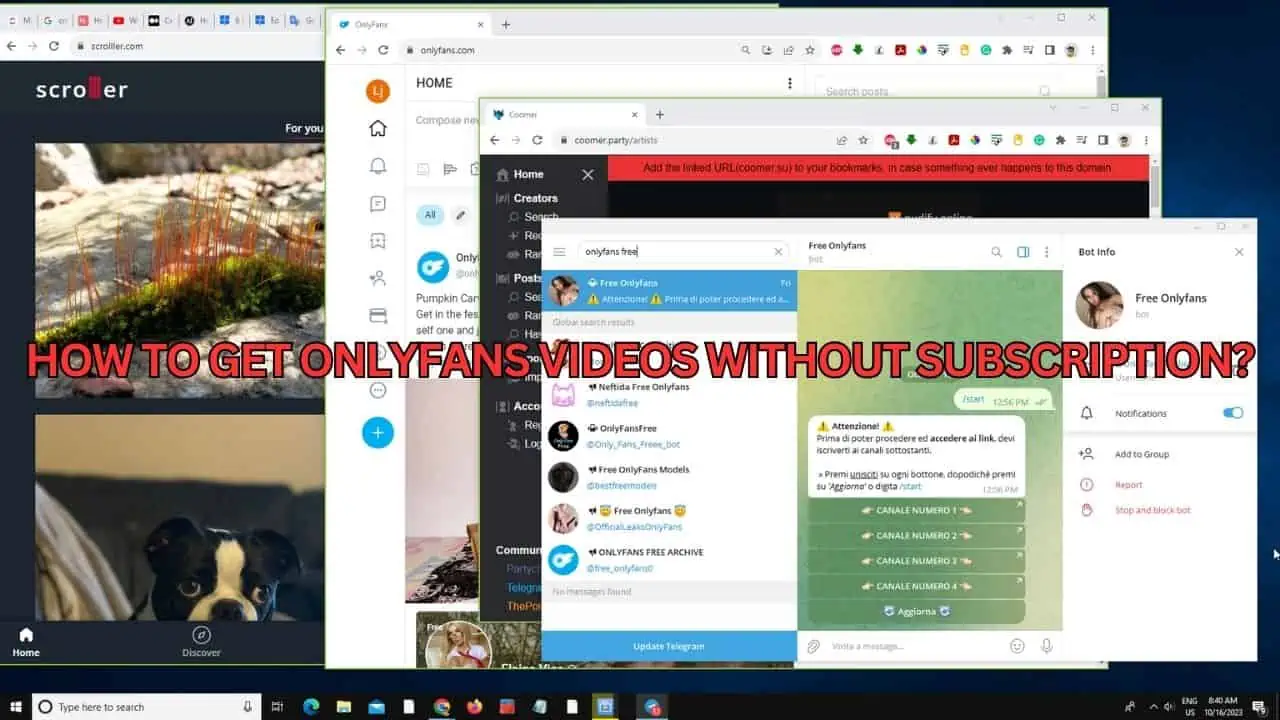Apple and Google updates their Coronavirus contact-tracing API to reduce false positives
2 min. read
Published on
Read our disclosure page to find out how can you help MSPoweruser sustain the editorial team Read more

Earlier Apple and Google announced that they are working together to develop an API for iOS and Android which can be used by approved apps to detect who you come in contact with during the day and notify you if those people later turn out to be positive for coronavirus, and therefore indicate that you may need testing. The OS-level API would allow interoperability between iOS and Android and will allow public health authorities, universities, and NGOs around the world to develop opt-in contact tracing technology.
The Bluetooth-based has already been very successful in Asia for tracking and tracing infected and potentially infected users and thereby containing the illness without having to lockdown.
Now Google and Apple have updated their API to version 1.1 , with one of the changes intended to reduce false positives.
The API will now include the strength of the Bluetooth connection to the other device, which can be used as a proxy of how close it is.
 This addresses the concern that the API may suggest you are in contact with people who are on another side of a wall, and who are no danger to yourself.
This addresses the concern that the API may suggest you are in contact with people who are on another side of a wall, and who are no danger to yourself.
The solution is not a silver bullet however, as the signal can also be reduced by people and objects around you, even if your viral exposure is not reduced.
The API has also been updated to make it clear that the app will not trace contacts, but indicate possible exposure.
That final solution is available as soon as May and the official apps using them will become available in the official app stores. Google and Apple are however still struggling with countries who want the app to do more than exposure notification, such as the NHS, who wanted to use the new tool to also track the movement of users and so detect high-risk areas, something that Google and Apple, for user privacy reasons, specifically did not want to do.
Via Ashkan Soltari












User forum
0 messages